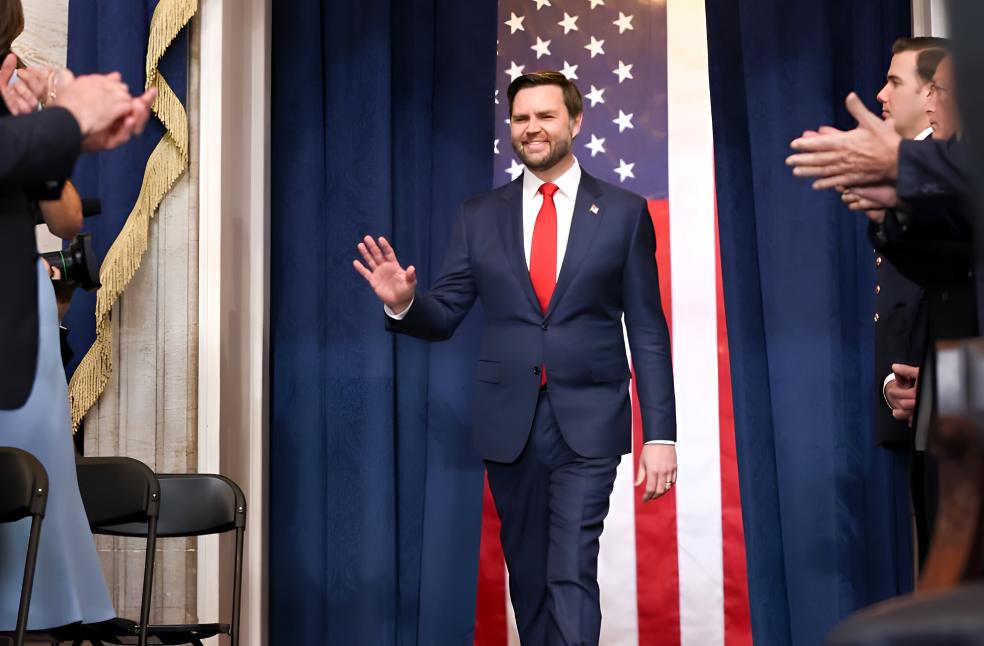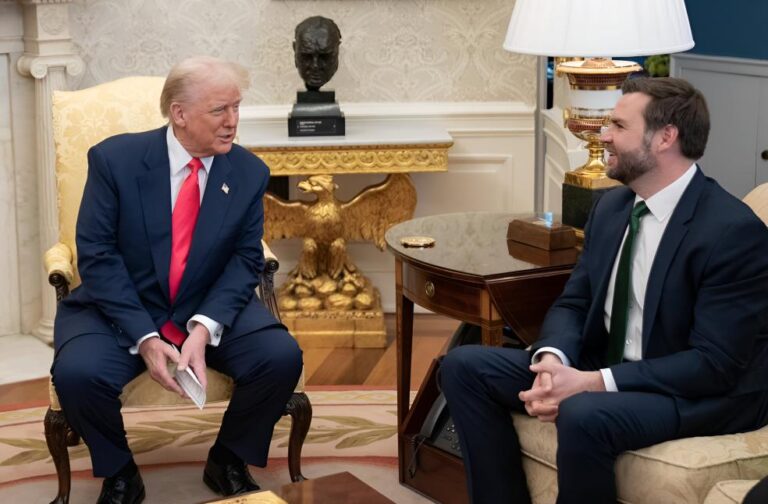United States: The United States is hopeful it can strike a great trade deal with the United Kingdom, according to Vice President JD Vance, who praised the cultural and economic ties between the two nations.
The remarks come just weeks after President Donald Trump introduced sweeping tariffs on imports, rattling global markets and fueling fears of an economic slowdown. The administration has since eased several of those measures, reducing the general import tariff to 10 percent and lifting charges on electronics like smartphones and laptops. A steep 145 percent duty on Chinese goods was also rolled back.
While the UK was spared the harshest treatment in the initial wave of tariffs, thanks in part to a relatively balanced trade relationship with the US, British exports still face a 10 percent tariff, with steel and car sectors subject to a 25 percent rate.
Trade talks between the two countries have been underway for several weeks. Originally centered around tech and artificial intelligence collaboration, the discussions are expected to broaden to cover goods such as food and other key sectors.

Vance expressed confidence in reaching an agreement that would benefit both economies. Vance stated that, “We’re certainly working very hard with Keir Starmer’s government. The president really loves the United Kingdom. He loved the queen. He admires and loves the king. It is a very important relationship.”
Vance noted that the close cultural alignment between the two countries gives the UK a unique edge in negotiations.
Vance added that, “There’s a real cultural affinity. And, of course, fundamentally, America is an Anglo country. I think there’s a good chance that, yes, we’ll come to a great agreement that’s in the best interest of both countries.”
UK Chancellor Rachel Reeves is expected to build on those talks later this month during her visit to Washington for the International Monetary Fund’s spring meetings.
Vance also highlighted the power of the ‘reciprocal relationship’ with the UK compared to other European countries. Vance commented that, “While we love the Germans, they are heavily dependent on exporting to the United States but are pretty tough on a lot of American businesses that would like to export into Germany.”
He also encouraged European leaders to rethink their approaches to immigration and defence, arguing that stronger, more self-reliant European nations would benefit the US.



